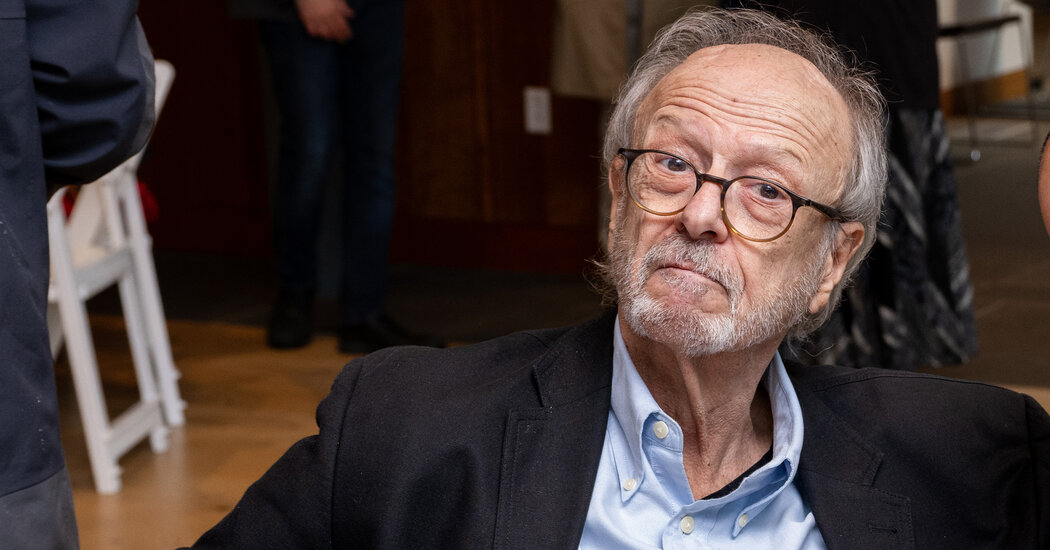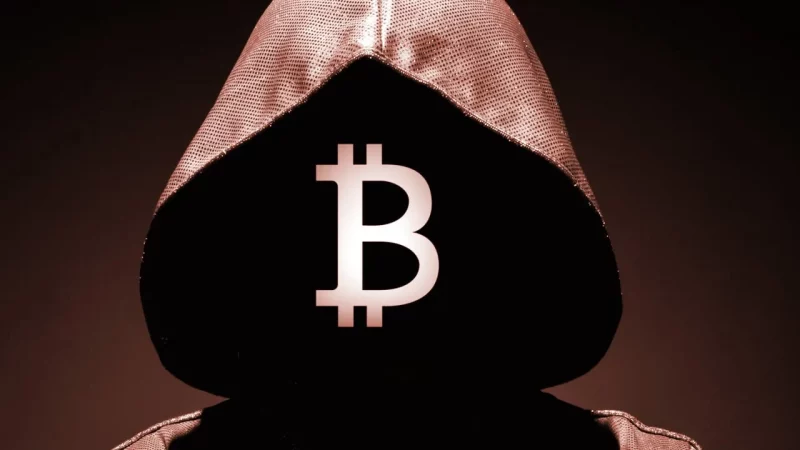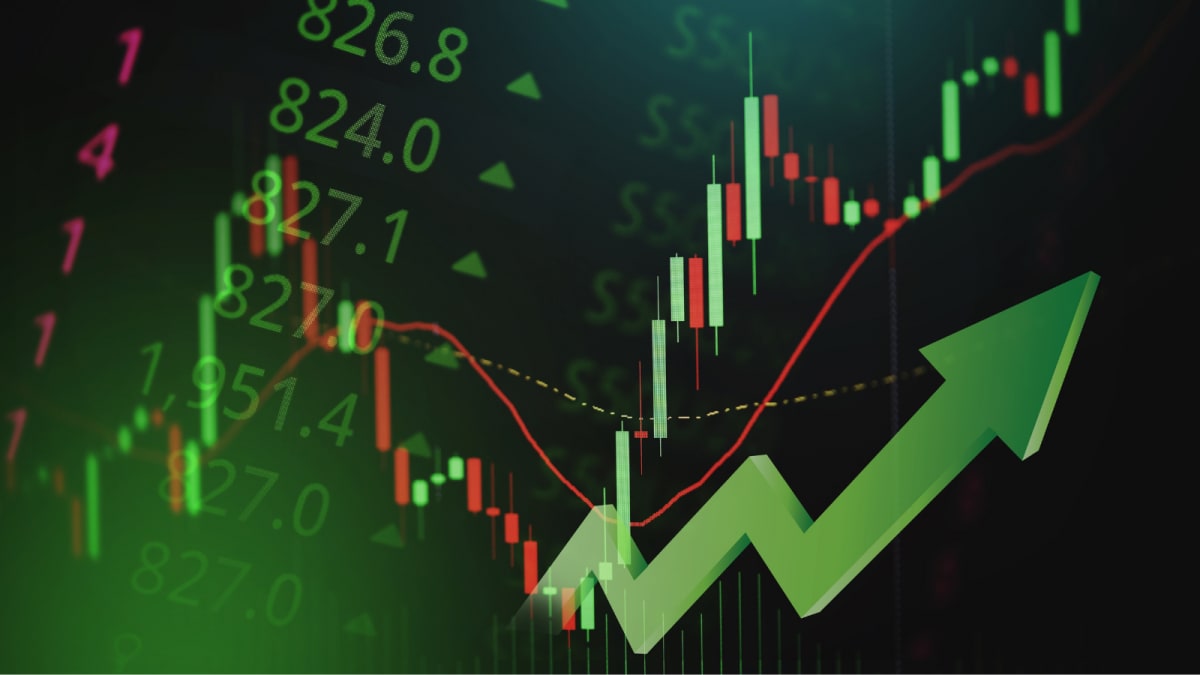
Anson Rabinbach, the hardscrabble son of radical New York garment workers who paid his own way through college to become one of the world’s leading experts of the Nazi era, died on Sunday in Rome, where he was giving a lecture. He was 79.
His ex-wife, Jessica Benjamin, said the death, in a hospital, was from complications of a heart attack.
Professor Rabinbach (pronounced RAB-in-bock) was among several young scholars in the early 1970s who attempted to bridge the gap between social history and the often abstruse world of intellectual history, especially in the realm of 20th-century Europe.
Following on the groundbreaking work of his mentor at the University of Wisconsin, George Mosse, Professor Rabinbach argued that Nazism was fueled not by a single brute ideology but rather by a loose coalition of ideas, sometimes in competition but united by a vague “ethos” that included violent antisemitism.
“He took seriously that Nazism was a cultural revolution,” Jeffrey Herf, a historian at the University of Maryland, said in an interview.
Such a position put Professor Rabinbach at odds with many older historians of modern Europe, not to mention the intellectual climate in Germany, which was still years away from grappling with the true meaning of the Holocaust. The rise of the Third Reich, many believed, was driven by economics and politics; ideas were irrelevant.
“There was indeed a huge allergy in postwar West Germany among historians to acknowledging things like ideology or antisemitism as being important,” he said in a 2019 interview with the historians Jonathon Catlin, Dagmar Herzog and Stefanos Geroulanos.
Frustrated by a lack of places in which to express his views, in 1973 Professor Rabinbach and three other academics — David Bathrick, Andreas Huyssen and Jack Zipes — founded the journal New German Critique.
It quickly became a leading outlet for scholars of 20th-century German culture, including film, theater and social movements, and it broached the subject of antisemitism — before, during and after the Nazi era — which was still taboo in Germany. The journal helped introduce Anglophone readers to postwar German thinkers like Theodore Adorno and Walter Benjamin, often by translating their work into English for the first time.
Though he taught at Princeton, held top fellowships and lectured around the world, Professor Rabinbach always considered New German Critique his intellectual “Heimat,” or home, a place where he could express his reflexive antipathy toward orthodoxies on both the left and the right.
“He always hated ideological certainties,” Mr. Huyssen, a historian at Columbia, said in an interview. “His irony always served him extremely well to dismantle illusions — political illusions, cultural illusions — of all kinds.”
Professor Rabinbach was perhaps best known for a work that on its face seemed to have little to do with Nazism. “The Human Motor: Energy, Fatigue and the Origins of Modernity” (1990) explored the ways in which ideas about energy, from human to mechanical, across the physical world in the 19th century led to a revolution in how scientists, economists and policymakers addressed human labor.
Such considerations, he showed, fueled progressive reforms, but also the intense focus on health, beauty and racial purity by fascist movements.
“He was very good at combining high intellectual history with cultural history in the broad sense,” Martin Jay, a professor of history at the University of California, Berkeley, said in an interview.
Anson Gilbert Rabinbach, known since childhood as Andy, was born on June 2, 1945, in the Bronx. His parents, Gabriel and Esther (Kleinman) Rabinbach, were Jewish immigrants from what is now southeastern Poland.
They, and many of their siblings, worked in Manhattan’s garment district, a hotbed of Jewish leftist activism, and both were members of the Communist Party. Before coming to America, his father took part in the short-lived communist revolution of 1918-19 in Germany and later spent a year in the Soviet Union.
Andy’s family never had much money. To pay for college, he worked summers in the resorts around the Catskill Mountains — including, for a brief time, as a joke thief.
“I worked for a comedian who was not terribly successful,” he said in a 2021 interview for the University of Wisconsin. “She would send me to various hotels or comedy clubs or whatever, mostly hotels, where I would sit with a pad and write down the jokes that the comedian onstage was telling, so that she could use the jokes. It was plagiarism, basically.”
He graduated with a degree in history, then enrolled in the doctoral history program at the University of Wisconsin. He intended to study medieval Europe, but an encounter with a book by Dr. Mosse, “The Crisis of German Ideology” (1964), inspired him to switch to modern Europe.
Professor Rabinbach’s dissertation, on the Communist Party in Austria between the world wars, became his first book, “The Crisis of Austrian Socialism: From Red Vienna to Civil War, 1927-1934” (1983).
He taught at Hampshire College in Massachusetts and at the Cooper Union in New York before moving to Princeton in 1996. He took emeritus status in 2019.
He married Dr. Benjamin in 1980. They divorced in 2009. He is survived by their two sons, Jake and Jonah, and three grandchildren.
Professor Rabinbach later wrote about the impact of the world wars on German thought in his book “In the Shadow of Catastrophe: German Intellectuals Between Apocalypse and Enlightenment” (1997). And, with Sander Gilman, he edited “The Third Reich Sourcebook” (2013), a nearly 1,000-page collection of writings by and about the Nazi movement.
Professor Rabinbach’s lifelong study of far-right movements gave him particular insight into the right-wing swerve now underway across the Western world — including, he said, in the United States.
President Trump, he said in the 2019 interview, “is a symptom, and an unoriginal one to boot,” of this ideological shift.
“He is certainly not unique,” he added. “He represents an authoritarian turn that has always been lurking beneath the surface.”








